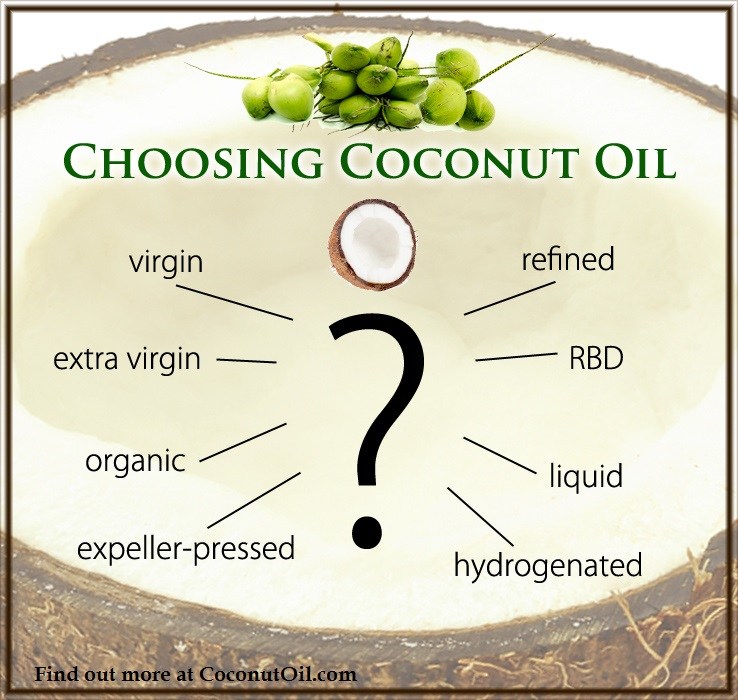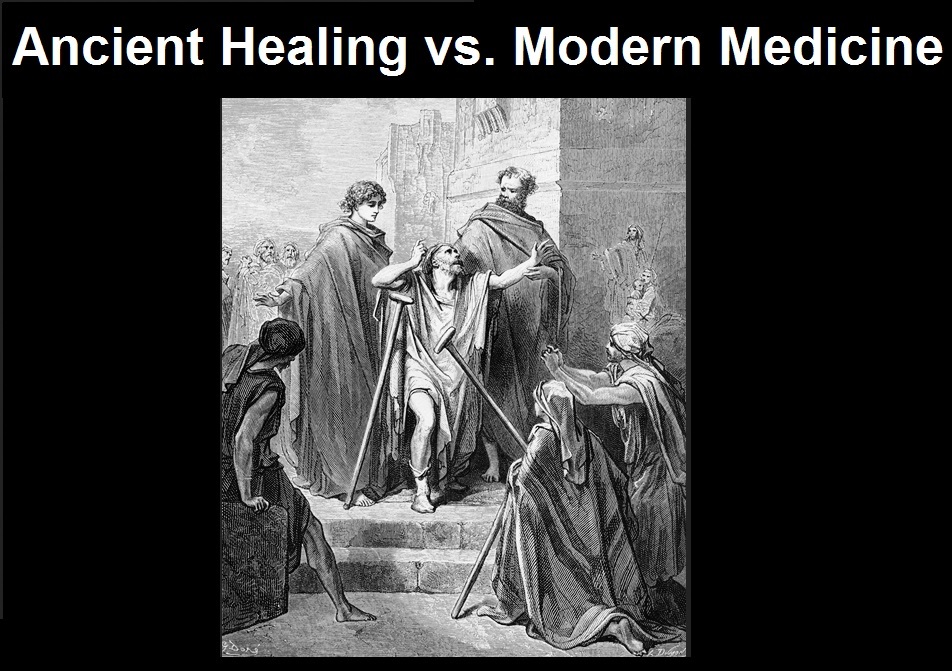by Brian Shilhavy
Editor, Health Impact News
After more than a decade of failed drug trials and $billions lost in research to try and bring an Alzheimer’s drug to market, maybe the pharmaceutical industry is finally ready to admit that they don’t really understand what causes Alzheimer’s disease.
It was announced earlier this week that Roche had failed for the second time to develop a successful Alzheimer’s drug.
Roche’s ‘high risk’ failure has industry circling the wagons on future of Alzheimer’s research
Another failure of an amyloid medicine for Alzheimer’s disease has companies, analysts and patient advocacy groups circling the wagons to once again defend the theory and the future of research into the devastating neurological disorder.
The theory that reducing or preventing amyloid plaques in the brain can slow cognitive decline has time and time again failed in the clinic…
Roche has added a second failure in Alzheimer’s to its tab this year, this time for gantenerumab, which did not improve the rate of cognitive and functional decline in two phase 3 clinical trials from the Graduate program. This follows the June disclosure that crenezumab had failed in a study of pre-symptomatic Alzheimer’s patients.
Roche CEO Severin Schwan called gantenerumab “a high-risk project” when reporting second-quarter earnings in July, and suggested that the company “plan for a situation where it doesn’t come through.”
GlobalData Senior Neurology Analyst Pippa Salter called the gantenerumab failure surprising, particularly that the med also did not seem to clear amyloid plaques as much as expected. She doesn’t see a path forward for the therapy.
“Its failure will be a significant blow to Roche, which had gambled on continued development of the product despite a previous phase 3 failure in 2014,” Salter said in a Tuesday note. (Full article.)
I have been reporting on the failure of Big Pharma to produce an Alzheimer’s drug for over a decade now, along with publishing numerous testimonies of how many people have reversed the effects of Alzheimer’s and dementia by using Virgin Coconut Oil in their diet, especially if it is part of an overall ketogenic diet which emphasizes healthy high fats, moderate levels of protein, and small amounts of carbohydrates.
Are Pharmaceutical Drugs One of the Causes of Alzheimer’s Disease?
In 2011, Dr. Stephanie Seneff published research looking at the effects of a low-fat diet and statin drugs in relation to Alzheimer’s Disease. This research noticed a strong correlation between insulin resistance in the brain and early Alzheimer’s Disease, suggesting that Alzheimer’s might be considered a neuroendocrine disorder of the brain or so-called “type 3 diabetes”.
But the study’s main conclusions regarding the early causes of Alzheimer’s Disease centered around the transport of cholesterol from the blood stream to the brain. The research stated that there is mounting evidence which suggests that a defect in cholesterol metabolism in the brain may play an important role in Alzheimer’s Disease. A nice summary of the brain’s dependency on cholesterol is given:
The brain represents only 2% of the body’s total mass, but contains 25% of the total cholesterol. Cholesterol is required everywhere in the brain as an antioxidant, an electrical insulator (in order to prevent ion leakage), as a structural scaffold for the neural network, and a functional component of all membranes. Cholesterol is also utilized in the wrapping and synaptic delivery of the neurotransmitters. It also plays an important role in the formation and functioning of synapses in the brain. (Study here.)
They point to several studies that show that there is a lack of cholesterol in the brains of Alzheimer’s patients which is so vital for several functions, and also note that other studies show this cholesterol deficiency in dementia and Parkinson’s disease as well. In contrast, high cholesterol levels are positively correlated with longevity in people over 85 years old, and in some cases has been shown to be associated with better memory function and reduced dementia.
In 2012, another study looked at the effects of statin cholesterol-lowering drugs on Alzheimer’s patients. The patients in the study had their statin medication stopped for six weeks, and then restarted. The results showed that during the six weeks when their statins were stopped, the basic brain function of the individuals improved. When the drugs were restarted, brain function got worse again. (Study here.)
So if statin cholesterol-lowering drugs are part of the problem in causing Alzheimer’s Disease, can we really expect that pharmaceutical companies will be able to develop drugs to cure Alzheimer’s?
Coconut Oil is More Successful than Drugs in Treating Alzheimer’s Disease
I realize that to make a statement that coconut oil is more successful than drugs in treating Alzheimer’s Disease is not much of a statement at all, if drugs are one of the primary problems. Quitting pharmaceutical drugs altogether and doing nothing else is probably better than taking drugs to treat Alzheimer’s.
The anecdotal evidence of the success in stopping, and even reversing, Alzheimer’s in some people using coconut oil, however, is so remarkable, that it is foolish to discount what this simple dietary oil can do. After all, it is a fact that Alzheimer’s drugs have been a huge failure until now.
People all across America, and around the world, are not waiting for the results of research trials however. Many people with Alzheimer’s Disease are already seeing a huge improvement, and in some cases a full reversal, of the disease after starting with coconut oil. Here is a partial list of testimonials that we have published here at Health Impact News:
Why Does Coconut Oil Work in Treating Alzheimer’s?
The first thing we should make clear is that not everyone who tries coconut oil with dementia or Alzheimer’s sees the same results as reported in these testimonials. Coconut oil does seem to be more effective in those who do not have advanced stages of Alzheimer’s and are still in the earlier stages, although we have seen a few testimonials for late-stage Alzheimer’s as well (See: Woman with End-stage Alzheimer’s Sees Improvement in One Week after Starting Coconut Oil)
However, if we look at Alzheimer’s Disease as a “type 3” diabetes and an insulin resistance problem, coconut oil makes a lot of sense, as does a ketogenic high-fat diet. Coconut oil is known as a rich source of ketone energy, supplying an alternate form of energy to the brain. In fact, pharmaceutical companies are currently trying to develop drugs that mimic the same “ketonic” effect that can be achieved via a high-fat diet. (See: Study: Coconut Oil Could Prevent Neurodegeneration in Diseases like Alzheimer’s)
To learn more about the ketogenic diet, insulin resistance, coconut oil, and treating Alzheimer’s disease, watch this very informative round table discussion with 5 medical doctors, science author Gary Taubes, and nutritionist Robb Wolf:
The doctors in the video are:
Dr. James Greenwald, Medical Director of Specialty Health. Dr. James Greenwald is board certified in orthopedic surgery and has over 30 years of experience in the orthopedic field. Early in his career, he specialized in knee, shoulder, ankle, and trauma injuries. He has served as the team physician for the University of Nevada football and baseball teams for many years.
Dr. Gary Anderson, vascular health, board certified, and a member of the American Board of Lipidology. He has worked as a physician in nursing homes for over 35 years. In this video he discusses the problem of “polypharmacy,” the problem of too many drugs being used in nursing homes, as a cause of dementia.
Dr. Peter Attia, is a former McKinsey & Company consultant, surgeon, engineer, calculus teacher and an author of numerous medical and research papers.
Dr. Tara Dall, member of the American Board of Lipidology.
Dr. Malcolm D. Bacchus, a board certified neurologist.
Also appearing:
Gary Taubes, science journalist and author of best-selling books “Good Calories, Bad Calories” and “Why We Get Fat.”
Robb Wolf, author of the best-selling book “The Paleo Solution.”
Also, if the brain is being starved of cholesterol, coconut oil might provide benefits by increasing HDL cholesterol levels. A study appearing in the American Journal of Cardiology in February 2011 showed that the higher men’s HDL cholesterol levels, the longer they lived and the more likely it was that they would reach the age of 85. (Study abstract.)
The high-fat low-carb ketogenic diet has been around since the 1920s, when it was developed at John Hopkins. But it fell out of favor with doctors after the USDA dietary guidelines started condemning saturated fats and cholesterol.
However, the research linking saturated fats and cholesterol to heart disease has never been based on solid data. Recent research has completely exonerated saturated fat from being associated with heart disease. A 2010 meta-study published in the American Journal of Clinical Nutrition looked at almost 350,000 people over a 23 year period and found no association between saturated fat and heart disease. (Study abstract.)
A similar meta-study was conducted and published in May of 2013, analyzing the existing medical literature regarding dietary fats and heart disease in the journal Advances in Nutrition. (See: Study: Saturated Fat Not Associated with Risk of Coronary Artery Disease, Coconut Oil and Dairy Fat Healthy)
So if we remove our bias against cholesterol and saturated fat, we begin to see why the ketogenic diet has been so effective for so many neurological disorders over the years. It was originally developed as a dietary cure for children with epilepsy, and worked when drugs did not. (See: Ketogenic Diet Can be used to Control Seizures) Dr. Eugene Arnold of the Ohio State University Medical Center has also studied how a lack of cholesterol can be a contributing factor to autism. (See Adding Cholesterol to Diet Reduces Autism Symptoms)
Diet and Prevention is the Best Strategy to Avoid or Reverse Alzheimer’s Disease
There is strong evidence that one of the main contributing factors for Alzheimer’s Disease is a diet too low in fats and excessive pharmaceutical drugs. The low-fat dietary advice, and the demonization of cholesterol, has led to poor health and the development of worthless and harmful statin drugs. The data and evidence on the health benefits of coconut oil and the ketogenic diet is overwhelming today, not only for Alzheimer’s Disease, but for a whole host of other diseases as well.
Research more about the Ketogenic Diet here. For more research on coconut oil and Alzheimer’s Disease, visit the CoconutOil.com’s Alzheimer’s research page. You can also read many research studies on cholesterol and saturated fat at CoconutOil.com.
For other research on dietary intervention for Alzheimer’s Disease, here are some more articles to consider:
DHA From Omega 3 Fats
Turmeric Produces ‘Remarkable’ Recovery in Alzheimer’s Patients
Could Eating This Simple Black Seed Prevent Alzheimer’s Disease?
Ubiquinol Rescues Cells from Statin-Induced Side Effects
Studies Show Cinnamon and B Vitamins can Help Prevent Alzheimer’s
Study: Vitamin B May Protect Against Alzheimer’s
Saffron: Ancient Healing Powers Confirmed by Science
Diet and Toxins Cause Alzheimer’s, Not Genetics
New Research Continues to Show Alzheimer’s is a Type 3 Diabetes
Research: Foods/Spices Slow, Perhaps Reverse Alzheimer’s
Vitamin D and Cholesterol Needed to Prevent Alzheimer’s – Coconut Oil Provides Needed Fuel for the Brain
I have also written a booklet that not only covers the research and testimonials on how Virgin Coconut Oil has helped so many people with Alzheimer’s and dementia, but also includes dietary advice on how to include coconut oil into one’s diet and other tips on Holistic Geriatric Care. You can get this eBook for free in the Healthy Traditions store:

FREE eBook! Get it here.

See Also:
Understand the Times We are Currently Living Through
How to Determine if you are a Disciple of Jesus Christ or Not

Synagogue of Satan: Why It’s Time to Leave the Corporate Christian Church

The End is Near! Stand Firm!

Does Your Family Believe You are “Out of Your Mind”? You’re in Good Company Because Jesus Faced the Same Thing with His Family

What Happens When a Holy and Righteous God Gets Angry? Lessons from History and the Prophet Jeremiah

Healing without Drugs: Western Culture has Lost its Way

The Most Important Truth about the Coming “New World Order” Almost Nobody is Discussing

Insider Exposes Freemasonry as the World’s Oldest Secret Religion and the Luciferian Plans for The New World Order

Identifying the Luciferian Globalists Implementing the New World Order – Who are the “Jews”?

Published on November 19, 2022
